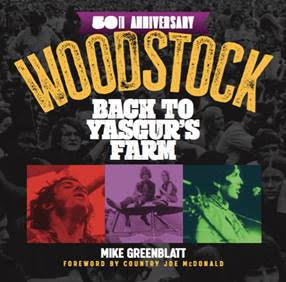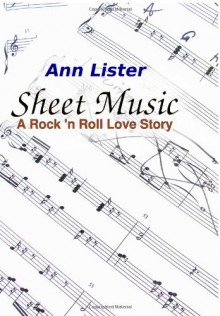Tajana (*sighs*) found a bookish Q&A on Tumblr and recently shared it on her BookLikes blog. One of the items on the list is:
"Make a mini playlist for one of your favorite books."
Well, seeing as music in the Rebus books is very much about Rebus's overall tastes, as well as Ian Rankin's own (the latter, smuggled in through Rebus's sidekick, Siobhan Clarke), there really isn't any point in singling out any individual book ... let's go the whole hog and have a list for the entire series, shall we?
As Rankin is fairly explicit about Rebus's major favorites -- Rolling Stones, Rolling Stones, and then some -- to a certain extent this list almost writes itself; all the more since in his nonfiction companion book, Rebus's Scotland, Rankin himself actually reels off a pretty extensive list of artists that either Rebus or he himself (or Siobhan Clarke) would consider favorites. But there's still plenty of room to be creative, as Rankin's focus is more on the artists themselves, not on individual songs or albums. And anyway, what's to stop me from adding a few choices of my own? So, here we go:
Obviously the list needs to be built around those albums and songs (chiefly, but not exclusively, by the Stones) that even provided book titles for the series:
* The Rolling Stones: Beggars Banquet, Let It Bleed, and Black and Blue
* Radiohead: Exit Music (for a film) (album: OK Computer)
* Jackie Leven: Another Man's Rain and One Man One Guitar (both from the album Oh What a Blow That Phantom Dealt Me!)
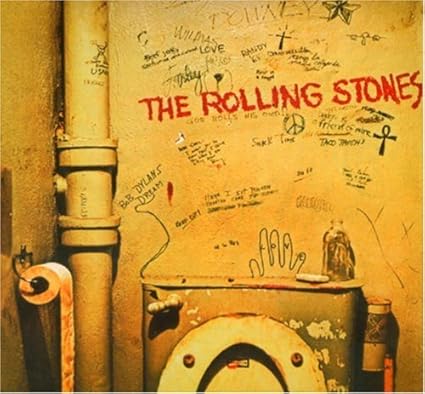
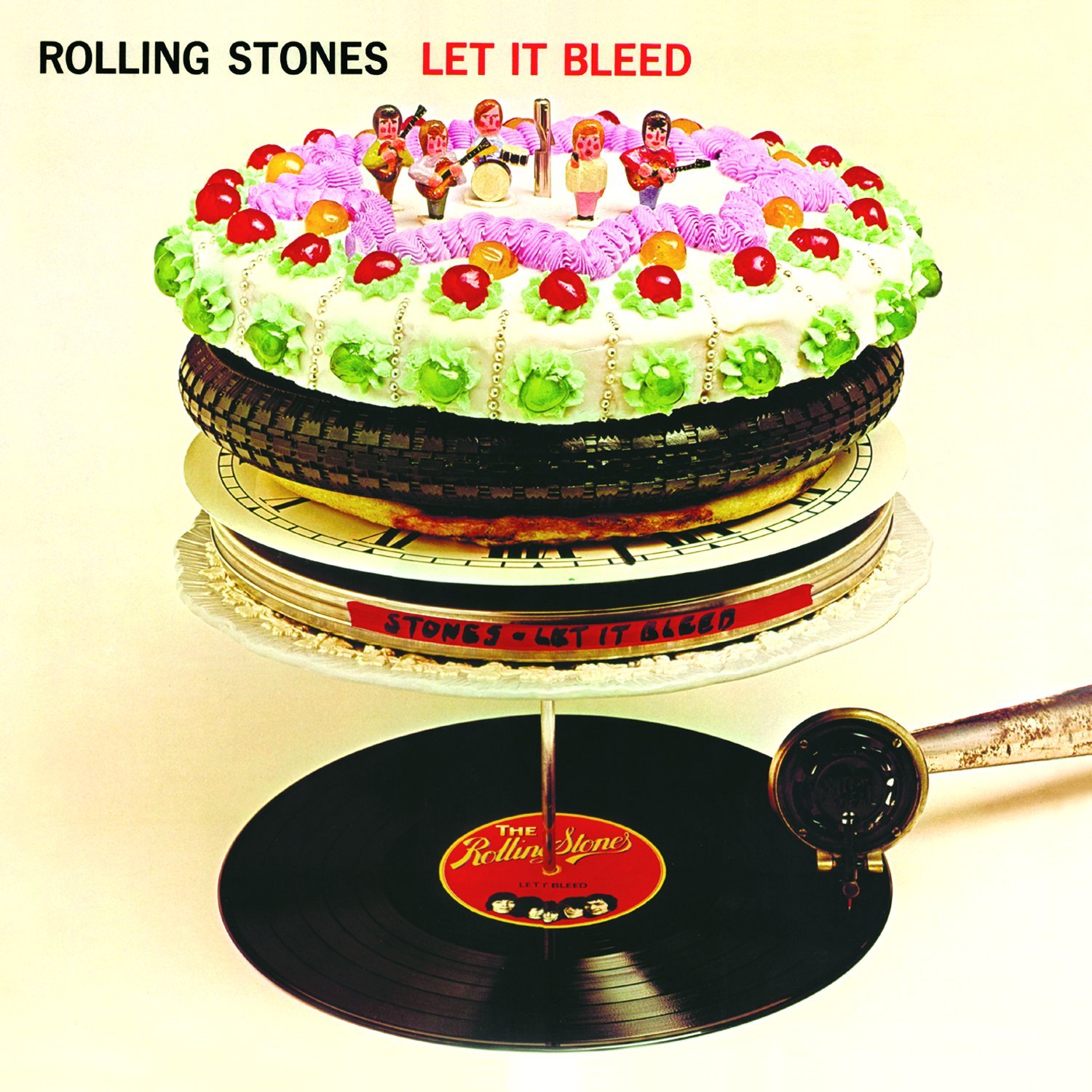
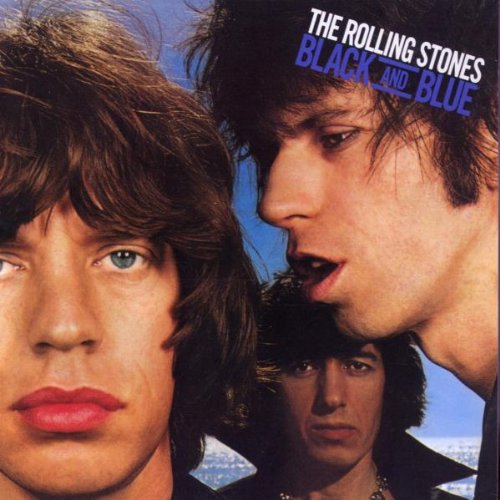
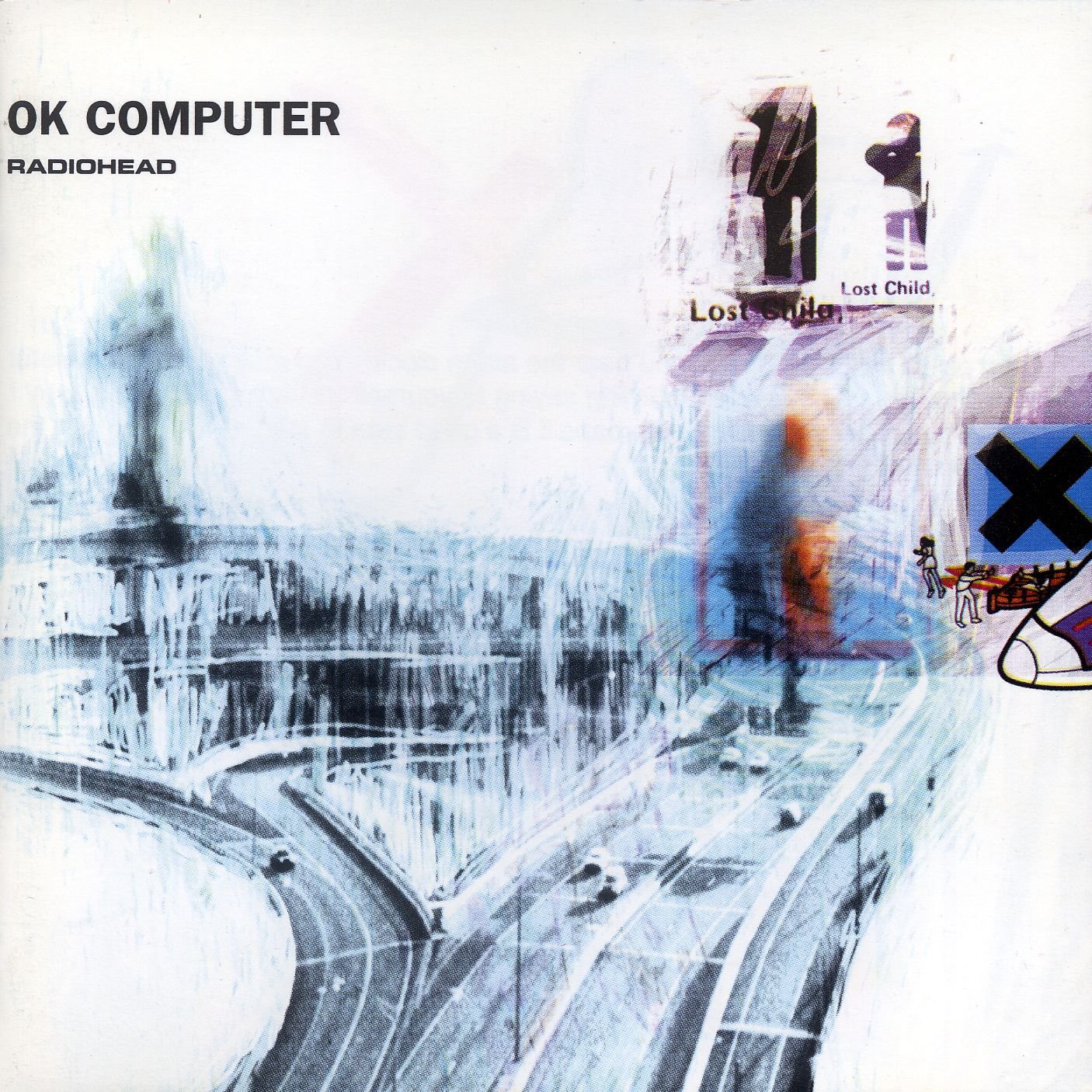
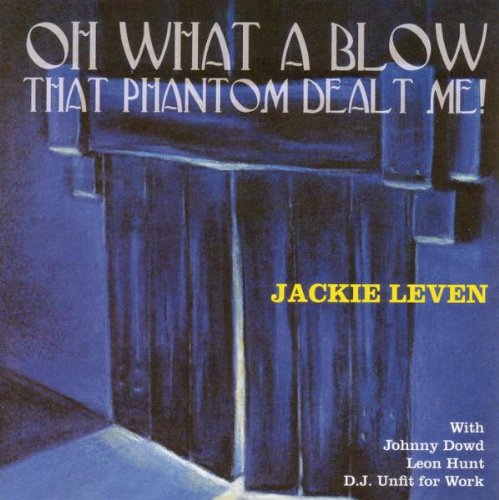
And since Rankin himself, like Rebus, also has a particular and lasting fondness for Jackie Leven and in 2004 even appeared live together with him at Queen's Hall, Edinburgh, which later yielded their joint release, Jackie Leven Said, obviously that whole recording needs to go onto the playlist as well.
Moreover, as Rankin specifies that Rebus is generally a fan of "mid-period Stones" (by which he means the albums from the late 1960s and the early 1970s), let's also throw in their two other major blockbuster albums from that period; as well as, for my own gratification, the very first Stones song I ever heard, and which is stll one of my absolute favorites (even though it's early and not "mid-period" Stones):
* Sticky Fingers
* Exile on Main Street
* (I Can't Get No) Satisfaction (album: Out of Our Heads [U.S. version])
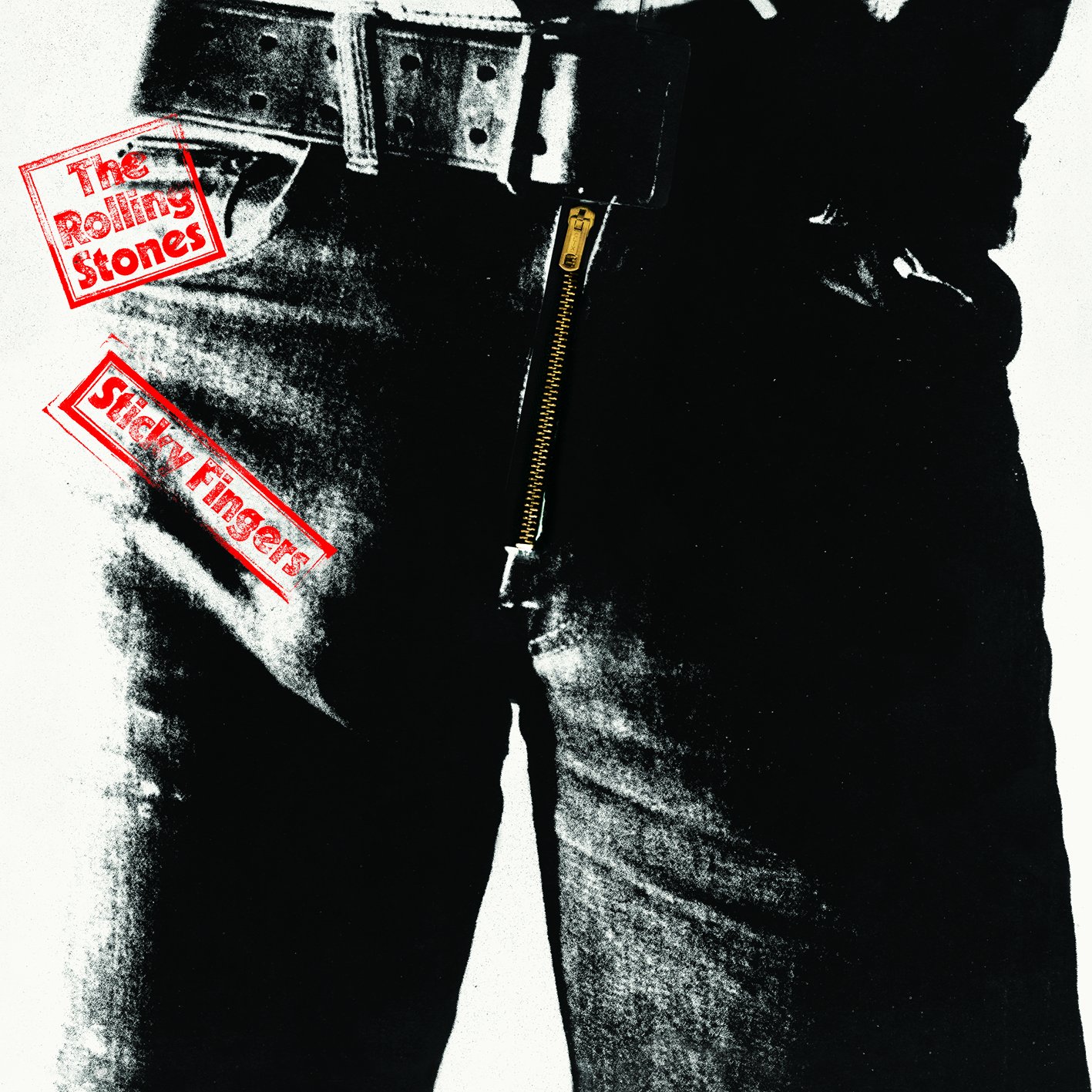
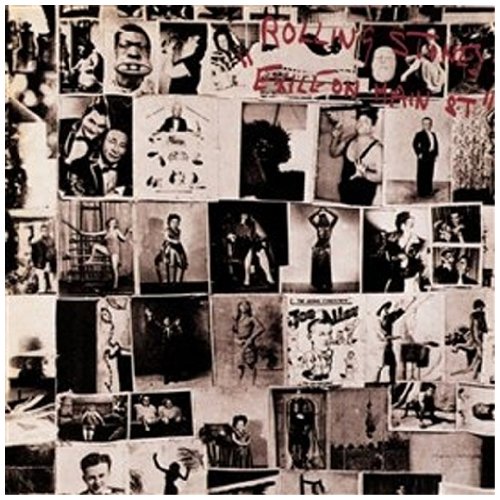

Moving on to other artists, as bands and artists that Rebus does, or would probably like, Rankin mentions the following -- for whom I've taken the liberty to add one or several fairly iconic song titles or, in individual cases, entire albums:
* Leonard Cohen: Songs of Leonard Cohen (entire album)
* The Who: My Generation (album: My Generation), Pinball Wizard (album: Tommy), Who's Next (entire album)
* The Surfaris: Wipe Out (album: Wipe Out)
* Frank Zappa: Bobby Brown (Goes Down) (album: Sheik Yerbouti)
* Maggie Bell: Midnight Flyer (album: Midnight Flyer)
* Frankie Miller: Darlin' (album: Falling in Love)
* Status Quo: Whatever You Want (album: Whatever You Want), Rockin' All Over the World (album: Rockin' All Over the World)
* Jethro Tull: Locomotive Breath (album: Aqualung)
* David Bowie: Heroes (album: Heroes), Space Oddity (album: Space Oddity)
* Van Morrison: Moondance (album: Moondance)
* Barclay James Harvest: Child of the Universe and The Great 1974 Mining Disaster (both from the album Everyone Is Everybody Else), Hymn (album: Gone to Earth)
* Tom Waits: Ol' 55 (album: Closing Time), Tom Traubert's Blues (album: Small Change)
* Nazareth: Love Hurts (allbum: Hair of the Dog), Dream On (album: 2XS), This Flight Tonight (album: Loud'n Proud), Shanghai'd in Shanghai (album: Rampant)
* Alex Harvey / SAHB: Next and The Faith Healer (both from the album Next), Delilah (album: Live)
* The Incredible String Band: A Very Cellular Song (album: The Hangman's Beautiful Daughter)
* Donovan: Universal Soldier (album: Universal Soldier), Hurdy Gurdy Man (album: The Hurdy Gurdy Man)
* John Martyn: May You Never (album: Solid Air)
* Carol Kidd: The Night We Called It a Day (album: The Night We Called It a Day)
The next group of artists are those that Rankin either mentions explicitly as among the ones that have played a pivotal role in his own life (especially the first five; for the first three, he even specifies the songs listed here), or suggests they'd be artists that Siobhan Clarke would like -- some of the series's books indeed have her listening to some of them -- which by extension, as per his general explanations, also means there's a certain likelihood that Rankin himself listens to them:
* The Clash: London Calling (album: London Calling)
* Big Country: In a Big Country (album: The Crossing)
* Simon & Garfunkel: The Boxer (album: Bridge Over Troubled Water -- and for my own gratification, let's add the title track as well, shall we?)
* Peter Gabriel: Solsbury Hill (album: Car), Games Without Frontiers (album: Melt), Sledgehammer (album: So)
* Rory Gallagher: Tattoo (entire album)
* The Beatles: A Day in the Life and She's Leaving Home (both from the album Sgt. Pepper's Lonely Hearts Club Band)
* Cream: Sunshine of Your Love (album: Disraeli Gears), I Feel Free (album: Fresh Cream), White Room (album: Wheels on Fire)
* Deacon Blue: Real Gone Kid (album: When the World Knows Your Name)
* Edwyn Collins: A Girl Like You (album: Gorgeous George)
* Mogwai: Mr. Beast (entire album)
* The Blue Nile: Easter Parade, duet version with Rickie Lee Jones (originally from the album A Walk Across the Rooftops)
* Josef K: It's Kinda Funny, Sorry For Laughing, The Missionary (all from the album The Only Fun in Town)
* Cocteau Twins: Iceblink Luck (album: Heaven or Las Vegas)
* Belle and Sebastian: Seymour Stein and The Boy with the Arab Strap (both from the album The Boy with the Arab Strap)
* Tommy Smith: Seal (album: Beasts of Scotland)
* Rod Stewart: Downtown Train (album: Storyteller – The Complete Anthology: 1964–1990)
Finally, just for myself I'd add to the above:
* Guns'n Roses: Sympathy for the Devil (from the soundtrack for the movie Interview With the Vampire)
* Dire Straits: Sultans of Swing (album: Dire Straits), Brothers in Arms (album: Brothers in Arms), Telegraph Road and Private Investigations (both from the album Love Over Gold)
* Mark Knopfler: What It Is, The Last Laugh (duet with Van Morrison), Silvertown Blues (all from the album Sailing to Philadelphia), 5.15 AM (album: Shangri-La), Going Home (from the soundtrack for the movie Local Hero)
* The Police: Don't Stand So Close to Me (album: Zenyatta Mondatta)
* Sting: Moon Over Bourbon Street (album: Dream of the Blue Turtles), Fields of Gold (album: Ten Summoner's Tales)
* Pink Floyd: Wish You Were Here and Shine on You Crazy Diamond (both from the album Wish You Were Here), Money (album: Dark Side of the Moon)
* The Talking Heads: Once in a Lifetime (album: Remain in Light), Burning Down the House (album: Speaking in Tongues), And She Was and Road to Nowhere (album: Little Creatures)
* U2: Sunday Bloody Sunday (album: War), The Fly and Mysterious Ways (both from the album Achtung Baby), Elevation (album: All That You Can't Leave Behind)
* Muse: Invincible (album: Black Holes and Revelations), Uprising, Resistance, Undisclosed Desires (all from the album The Resistance), Survival (album: The 2nd Law)
* Hurts: Wonderful Life and Stay (both from the album Happiness)
* The Cranberries: Zombie (album: No Need to Argue)
* Annie Lenox: Medusa (entire album)
* Amy Macdonald: This Is the Life (album: This Is the Life), Slow It Down (album: Life in a Beautiful Light)


 Log in with Facebook
Log in with Facebook 

